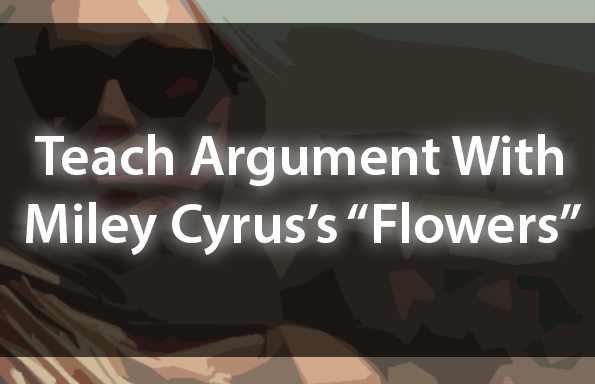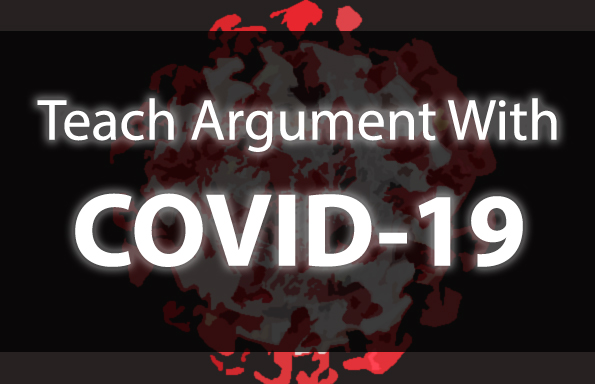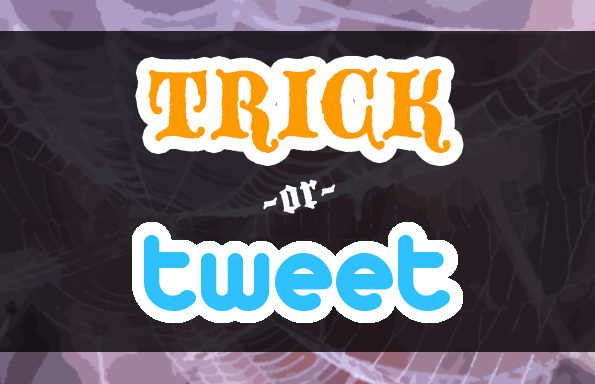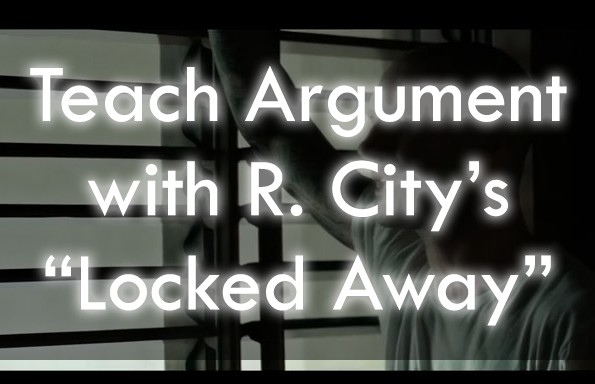To receive free and awesome lesson plans in your email all year long, click here! If you’d like to pay with a PO, request a quote here!
Miley Cyrus’s hit song “Flowers” offers listeners a wildly popular anthem that celebrates independence in the face of a break-up… and, more importantly, it offers us a rich text for teaching close reading and rhetorical analysis!
This AWESOME lesson bundle offers students a line-by-line guided rhetorical analysis, along with compelling opportunities for comparative analysis (with Bruno Mars) and synthesis (with Elizabeth Bishop). So many possibilities!
You can grab this lesson “a la carte” for $4.99 — or, you can put those five bucks toward your registration to TeachArgument and access ALL of our pop culture lessons, core argument lessons, lit units, games, and so much more. Register here!
Lesson Description
Wondering exactly what you can expect to find in this lesson bundle? Here’s what you’ve got coming your way:
- An extensive guided rhetorical analysis that pairs excerpted lyrics from “Flowers” with questions that prompt students to think deeply about the language and ideas. This portion of the lesson bundle spans seven pages — ideal for small group work, independent homework, “jigsaw” group work, or any other flexible grouping format that makes sense for your needs.
- A “big picture” exercise that asks students to consider the argument from a broader lens — including the rhetorical appeals.
- An exercise that prompts students to compare and contrast the arguments developed by Miley Cyrus in “Flowers” and Bruno Mars in “When I Was Your Man.”
- A culminating activity that asks students to analyze and synthesize Miley Cyrus’s “Flowers” and Elizabeth Bishop’s “One Art.”
You can grab this lesson “a la carte” for $4.99 — or, you can put those five bucks toward your registration to TeachArgument and access ALL of our pop culture lessons, core argument lessons, lit units, games, and so much more. Register here!
Lesson Features
| Grades | 8 - 12 |
| Focus | Close reading, Rhetorical analysis, Rhetorical triangle, Rhetorical Appeals, Comparative analysis |




